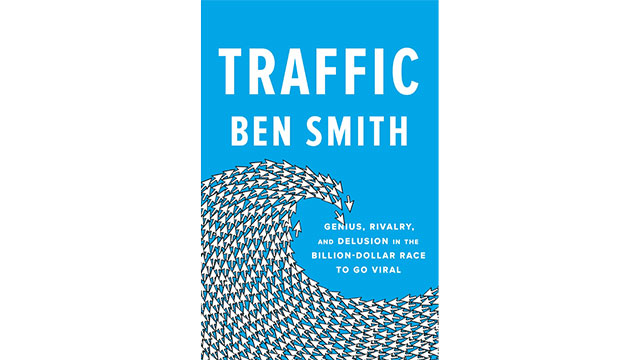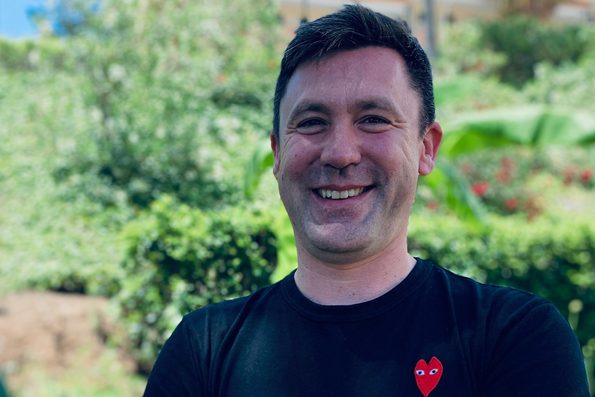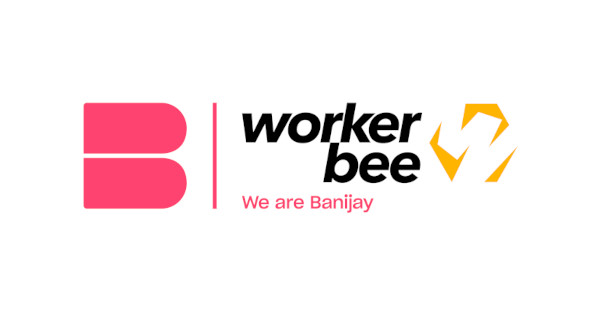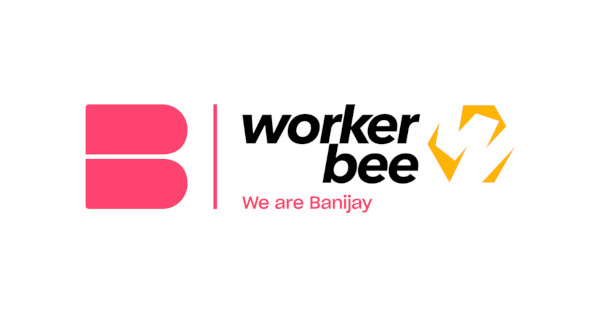Last year, Workerbee Group announced plans to invest in and forge creative partnerships in the north of England and Wales, looking to help grow the industry outside of London and around its base in Manchester. The opportunity arose earlier this year to put that plan into action with former Workerbee head of development Ben Smith setting up Ty’r Ddraig with the intention of producing high-volume factual series in Wrexham. With the backing of Workerbee and Banijay UK’s Growth Fund, Ty’r Ddraig has now opened North Wales up for business in the factual arena.
“We’d already seen that there was a real appetite from broadcasters, particularly so at the PSBs, to commission content out of Wales,” Smith, now serving as creative director at the new company, says. “With North Wales being underrepresented both on- and off-screen, that was the niche we [sought to fill].”
“We’ve got this big TV industry in Manchester, the biggest one outside of London,” notes Rick Murray, CEO of Workerbee. “We always used to talk when Ben worked for us about the fact that if you come from Wrexham and you want to work in television or film, you come to Manchester.”
“There is a sizable production community particularly in the south of Wales for non-scripted and drama, and there’s a real corridor between Cardiff, Bristol and, to an extent, London,” Smith points out. “What we’re trying to do is mirror that in the north of Wales with that corridor forming between northeast Wales, Wrexham, Manchester, Liverpool and Leeds.”
“I heard somebody say that if you used to live in Wrexham and you now work in one of those cities, you’re a ‘Wrex-ile,’” Murray jokes. “So, we’re trying to get the Wrex-iles to come back.”
Not only are they looking to draw back those who had to leave due to lack of opportunity, but they are also planning to offer training for those new to the industry. So far, the plan is to have two sound trainees studying sound engineering and a postproduction apprentice. Smith has also taken meetings with the local university in Wrexham on finding ways to bring a new batch of young people into the TV industry.
In terms of the content Ty’r Ddraig is looking to produce, “we really want to super-serve the Welsh broadcasters and platforms, so S4C, BBC Wales, making factual series in both the Welsh and English languages,” Smith says. “We’re based in North Wales, but we’ll make shows for national and international audiences for sure. But the real starting point of focus for us is S4C [and] BBC Wales.”
Much of Smith’s recent background has been in producing high-volume daytime shows in the factual-entertainment arena. “It’s something that I’ve got a lot of experience in developing and producing and, without giving anything away, the first series that we’re hoping to announce soon is in that sort of space.”
“Workerbee’s got a great expertise and reputation almost at the other end of the scale in feature docs and sports and big-name talent,” he adds. “In time, we can tap into that reputation as well.”
“I think what everyone is finding at the moment is that the middle has dropped out of the market,” Murray says. “As advertising revenues go down and people’s budgets get squeezed, the thing that is getting squeezed is the TV in the middle, the stuff that costs a mid-range price, because you can justify something premium and expensive if it brings lots of people to the channel and it’s loud enough or has big enough talent to bring people in. At the other end of the scale, you can justify high-volume, low-cost because it’s cheaper. So, I think there are some really interesting opportunities at both ends with Ben” and Ty’r Ddraig.
“If you look at the deals S4C are doing on premium factual, they’re joining forces with a number of other different broadcasters around the world to do big co-pro deals in unscripted for sports documentaries,” Murray continues. “Everyone’s running for the premium things. It’s sexy and exciting, but also not many people are putting their hand up and saying, ‘Actually, we really want to get into the business of high-volume.’ I think that’s something that we can do and make really cost-effective out of North Wales.”
Being in the northwest region of England and Wales is “an exciting place to be because obviously, TV production has plateaued around the world,” Murray adds. “We had some fantastic years of investment from streamers, who came in big and were happy to make a loss for a long time in order to build their portfolios and build their business. That seems to have run its course now. Whereas the really big centers of production—L.A., London—feel like they’re plateauing or maybe even some of the business is leaving, places like the north of England and North Wales have got everything to gain from that because people are looking to do keener deals.”
It also helps, Murray notes, that Wrexham is somewhat of a well-known name now, what with Ryan Reynolds and Rob McElhenney buying Wrexham FC in late 2020 and broadcasting the experience in Welcome to Wrexham. “We’re making something at the moment for NBC, and when I said, ‘Oh, we’re backing a company in Wrexham,’ all of the execs at NBC went, ‘Oh, yeah, Wrexham! It’s in North Wales, right?’ Everybody knows suddenly where this place is.”
The fact that Reynolds and McElhenney were able to purchase the local football club is also indicative of the Wrexham City Council’s willingness to open the region up and do business with those seeking to build up its industries. And it’s not just the local government willing to offer support in this venture, as the Welsh government’s Creative Wales has offered support to grow the non-scripted community in North Wales as well. “Creative Wales is being very forward-thinking in the way that they are going about trying to grow the industry within Wales,” Smith says. “That can only be a good thing for us.”
It’s not just a good thing for outsiders or those looking to return to Wrexham after having to work elsewhere, it’s great news for young locals interested in getting into the industry. Training them up from the beginning of their careers is great for the company, as well, as they then have the opportunity to grow together.
In Workerbee’s experience, “because we’re growing up in regional outposts, we get staff at a young age and train them, and they stick with the company,” Murray says. “We’ve got many members of staff who’ve been with us since our inception. We’ve got 40 full-time staff here at Workerbee, which is a lot of full-time staff for any unscripted company. That’s because we’ve got a group of people that we’ve grown with us to make our content. And that’s because we’re not in London, so we haven’t got the freelance pool. It’s born out of necessity. What it means is that we can be really competitive, and we can also have great consistency in the quality of shows that we make.”
Smith feels that Ty’r Ddraig “is in a somewhat privileged position of being an exciting, nimble and small indie. We can and will lavish attention on all potential buyers, but we’ve also got that phenomenal backing of Workerbee and Banijay. Creatively, it’s really lucky that we’re able to tap into Workerbee’s contacts of broadcasters, as well as using my own.”
“We’ve also looked into the idea of potentially offering some select titles and formats from within the Banijay catalog [with] local Welsh-language versions of those shows,” he adds. “And then, being a small startup, it’s obviously amazing to have the support of Workerbee’s finance, production management, compliance and legal teams. I’m spoiled, basically, in that I have the best of both worlds.”
And with this “best of both worlds” scenario, combined with the support of the Welsh government through Creative Wales and Wrexham City Council, the opening of Ty’r Ddraig can only be great news for natives of North Wales and buyers looking for high-volume, high-quality factual titles from an up-and-coming region.
 TVREAL
TVREAL





